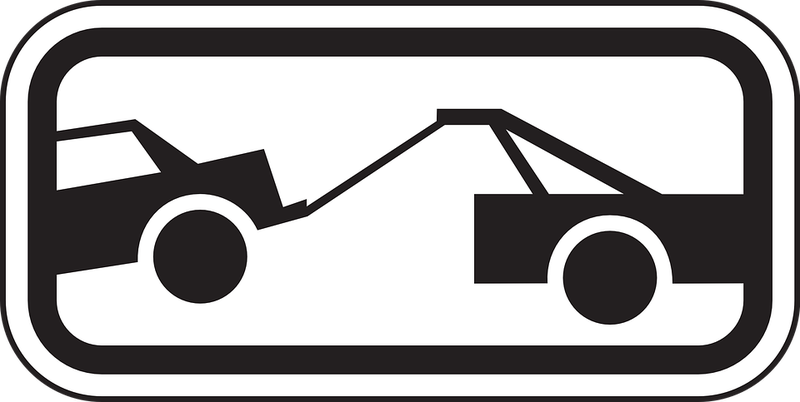
VEHICLE REPOSSESSION IN SAVANNAH, GA
 The Reality Of Vehicle Repossession
The Reality Of Vehicle Repossession
Sometimes an unfortunate situation can plague people when they least anticipate it. A bad set of circumstances can prevent an individual from being able to pay their bills for a brief or extended period of time. As a result of these circumstances, an individual’s car can be repossessed. In this regrettable legal dilemma the rights of the buyer and seller, as well as repossession of a motor vehicle, are described in the Official Code of Georgia, Section § 10-1-36. Getting your car taken away is not an easy thing to deal with, and it is important to note that there are solutions to your problem. Vehicle Repossession in Savannah, GA can be resolved. When it does occur, it's important you have the assistance of an experienced attorney so that you can understand the laws surrounding your situation, and how it can be resolved.
Car Repossession Process
A car lender may repossess a person's vehicle if the person is behind on their payments. When this happens, the lender cannot “breach the peace”. This means the person repossessing the car can't use physical force or threaten anyone when taking back a vehicle. Should a breach of peace happen during the act of repossessing a vehicle, the affected person may be entitled to legal damages.
After Car Repossession
Once the car has been taken back into the custody of the lender, it can be kept or sold to satisfy loan obligations. The individual from whom the car was repossessed may have the right to know when and where the repossessed vehicle will be sold. The seller is required to follow standard sales practices to get the most money for it. If the seller does not do this, the individual from whom the car was repossessed may have a claim for legal damages.
Deficiency Balance
Once an individual has had their vehicle repossessed, they are still responsible for the loan on it. Should a vehicle be properly sold by the lender, and the amount received for it is not sufficient to pay the entire loan amount owed, the remaining balance is called a deficiency balance. The lender can still take legal steps to collect a deficiency balance from the loan holder. An attorney experienced with vehicle repossession in Savannah, GA will know if any issues occurred with how the vehicle was repossessed and sold. In some cases it is possible that the lender breached the peace during the repossession process. Additionally, the lender may not have sent the legally required notices to the owner of the vehicle prior to the its repossession. The lender may not have properly notified the loan holder of the vehicle's sale. There are a number of things to consider when deciding whether or not you can bring a case against vehicle repossession. Being able to prove any of these may make it possible to show a deficiency balance is incorrect, or that there is no need for one.
Getting Back A Repossessed Vehicle
It is possible to get back a vehicle even when a Vehicle Repossession in Savannah, GA has taken place. An individual may be able to redeem their vehicle. This means they will agree to pay off the rest of the loan balance. This balance usually includes the costs involved with the repossession. Another option is for the individual attend the auction where their repossessed vehicle is being sold and buy it. If this is done, the individual may still be responsible for any remaining deficiency balance. Another possible outcome is to have the loan on the repossessed vehicle reinstated. This would make it possible for an individual experiencing repossession to get their vehicle back. They may also be required to add the repossession costs to the reinstated loan. Once a loan is reinstated, the payments must be made according to the terms of the loan. It is imperative that you speak with a qualified, experienced lawyer, such as John E. Pytte of GA Debt Relief in order to weigh the options specific to your vehicle repossession case.
Avoid Vehicle Repossession
It is best for an individual who is financing their car to do everything within their power to avoid a vehicle repossession. When someone is struggling to make vehicle payments, it is a good idea to contact their lender in an attempt to resolve the issue before it results in repossession. Many lenders have programs designed to help people make payments and keep their vehicles. These include anything from a reduced monthly payment amount to a reduction in the loan's interest rate. When a person has had their vehicle repossessed, they should speak with a knowledgeable and experienced debt-relief attorney. Doing so can help protect their rights in addition to having all possible legal courses of action explained; from here they may choose the best route.